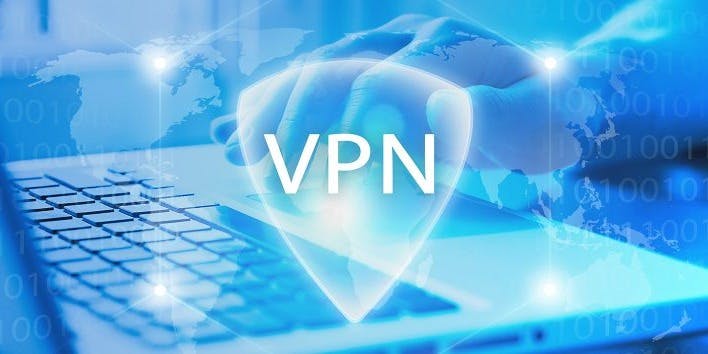382 reads
No Logs Policy: Do the Terms and Conditions of your VPN Really Mean It?
by
September 5th, 2019
Cyber security copy writer, tech support with a degree in political science
About Author
Cyber security copy writer, tech support with a degree in political science
